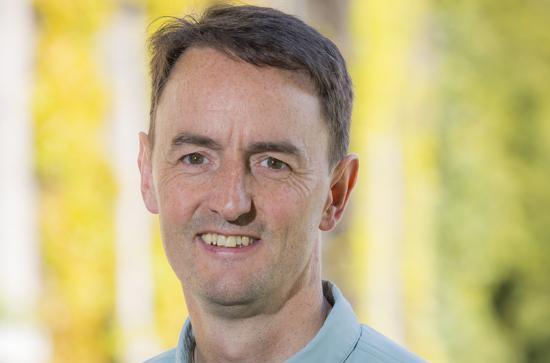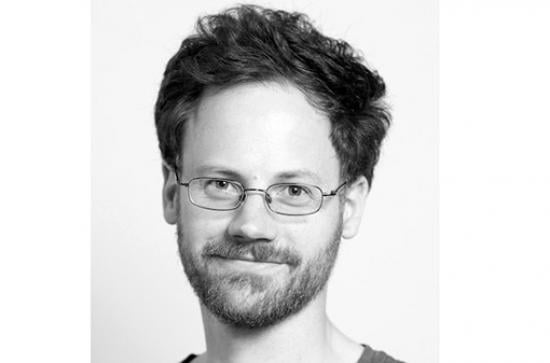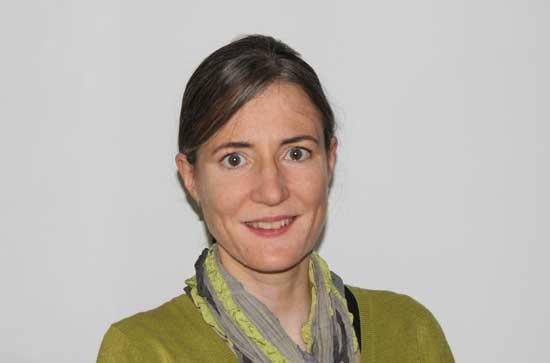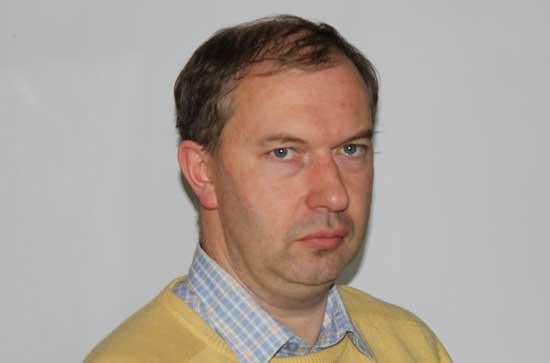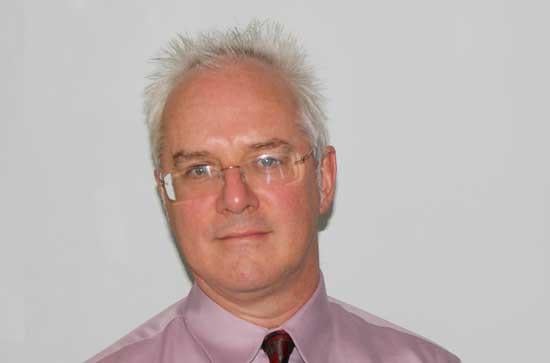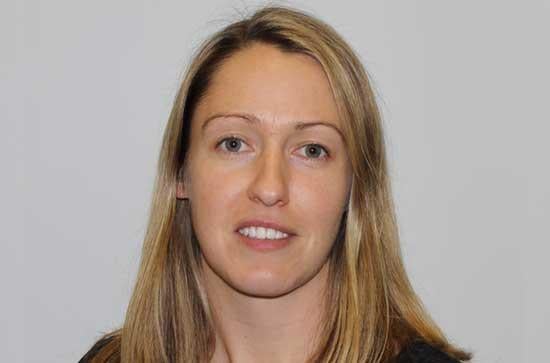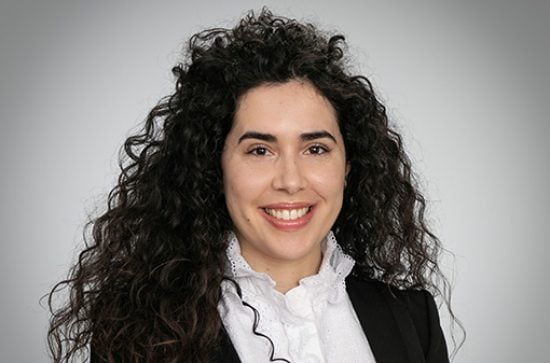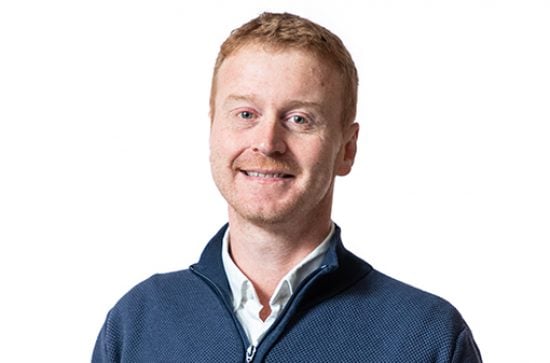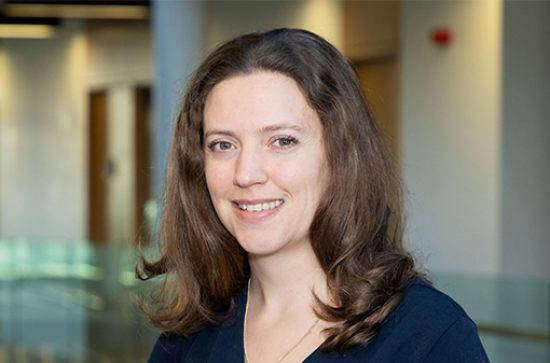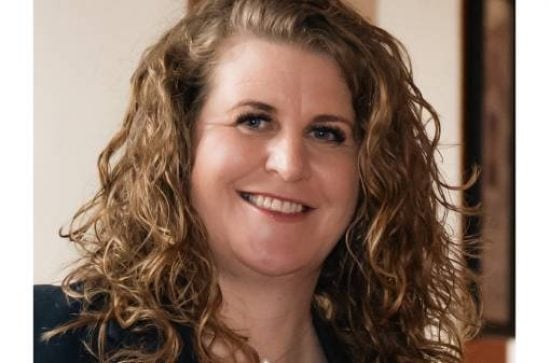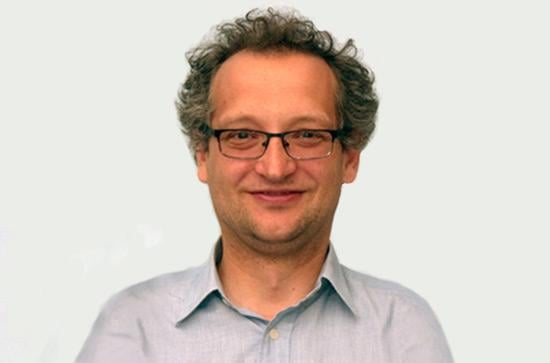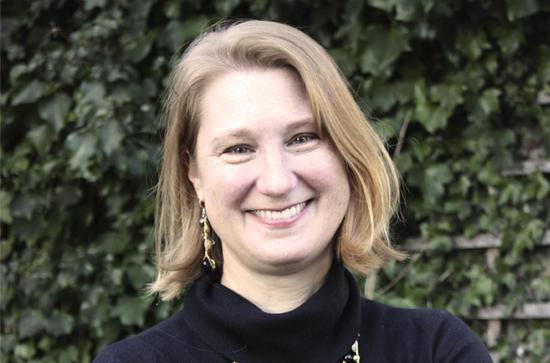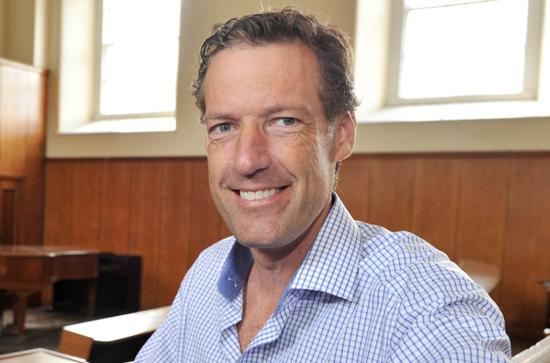Qualification : MASTER OF ARTS DEGREE
Award Type and NFQ level : TAUGHT MASTERS (9)
CAO/MU Apply code : MHN60
CAO Points :
Closing Date : 30 June 2025
The MA in Geography is designed for students who wish to deepen their understanding of key geographical ideas and themes, develop their critical thinking skills, undertake independent research in an area of specialist interest, and significantly enhancing their professional skills.
The MA in Geography offers a wide-ranging programme of taught modules so students can choose what classes best suit their interests and career goals. The programme is designed to develop critical spatial thinking, deepen specialist knowledge, and strengthen employability skills from a human geography perspective.
Through this programme, students will become familiar with a range of geographical perspectives applied to critical societal and environmental challenges, including decarbonisation, migration, mobility and housing.
Through its publicly engaged research, the Department has developed an extensive network of public engagement partners. The MA provides unique public engagement opportunities with these civil society partners through its innovative and immersive modules. Student will work together with these partners to collaborate and develop real-world projects. Our research-led and community-partnered teaching and learning approach has been recognised nationally by the Irish University Association.
It is available as both a full-time (1 year, MHN60) and part-time (2-year, MHN61) basis. For the part time programme (MHN61) please click on this link
Commences
September
Students should normally have earned a 2.1 (NFQ Level 8 or equivalent honours degree) or above in Geography (either subject degree in Geography or overall) or related disciplines. A personal statement is required so the Director can give consideration to applicants with relevant academic, work or professional experience if coming from a different background than the social sciences and/or if earned a 2.2 mark.
Applicants must have a recognised primary degree (NFQ Level 8 or equivalent honours degree) which is considered equivalent to Irish university primary degree level.
Minimum English language requirements:
Applicants for whom English is not their first language are required to demonstrate their proficiency in English in order to benefit fully from their course of study. For information about English language tests accepted and required scores, please see here. The requirements specified are applicable for both EU and international applicants.
Maynooth University's TOEFL code is 8850
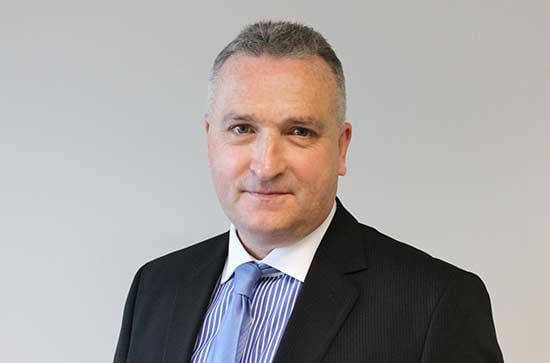
Academic
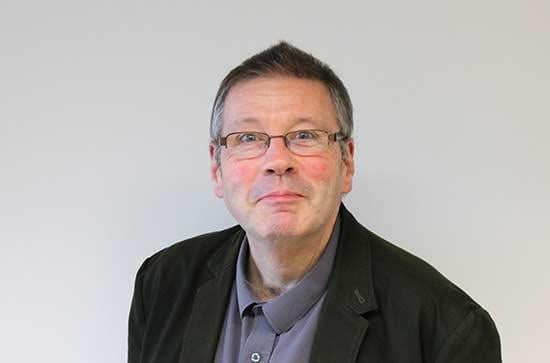
Academic
Department of National Centre for Geocomputation (NCG)
Department of Social Sciences Institute (MUSSI)
Department of Geography
Department of Hamilton Institute
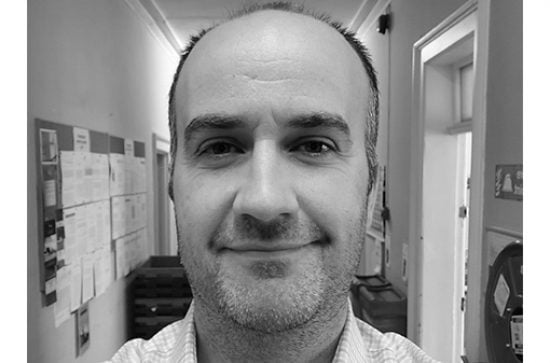
Academic

Academic
Department of National Centre for Geocomputation (NCG)
Department of Social Sciences Institute (MUSSI)
Department of Geography
Department of Hamilton Institute
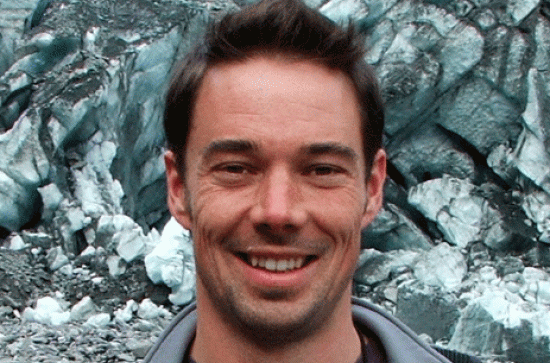
Academic
Department of Geography
Department of ICARUS
Department of Social Sciences Institute (MUSSI)
Department of National Centre for Geocomputation (NCG)
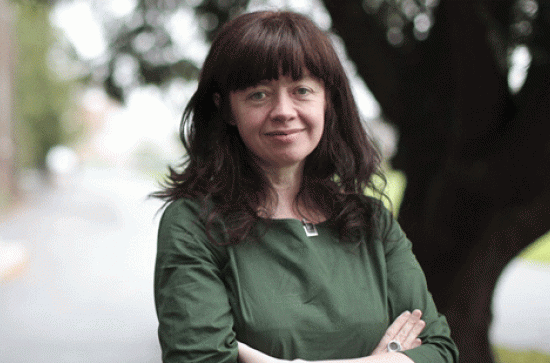
Academic
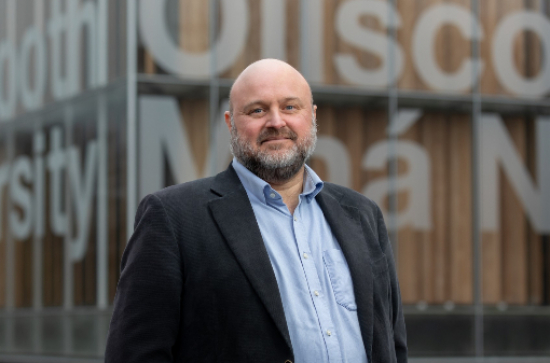
Academic
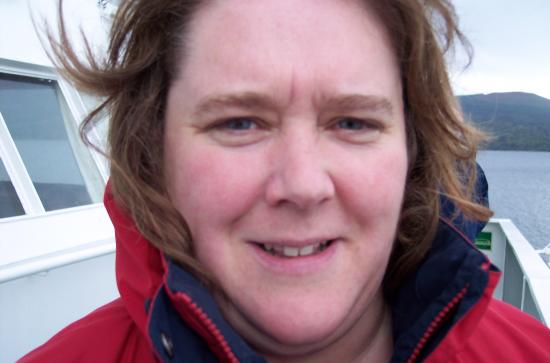
Academic
This MA is flexible in delivery, innovative in emphasis, and stresses experiential- and field-based learning opportunities for students to develop ethical research skills and other employability competencies. Teaching and learning takes the form of small-group seminars, collaborative and project-based learning, guest talks and workshops, and regular immersive fieldwork.
Degree structure: 90 credits, taken over 1 year full-time (MHN66) or 2 years part-time (MHN67).
Students must take 50 compulsory credits, which develop competencies in field methods, spatial thinking, and theory and applied research methods in spatial justice. It also includes a 30-credit independent thesis focused on a topic of the students choosing as related to spatial justice.
Depending on the student's interests, s/he will take an additional 40 optional credits, with at least 20 credits in Geography and up to 20 credits of electives in anthropology, law, media studies and sociology.
All modules are 100% continuous assessment, with a range of assessment types (academic essays, field research journals, applied research projects, mapping projects, blogs, vlogs and videos, field-based reports, individual and group presentations, other). Please see the list of possible classes in Course Finder
Compulsory modules:
GY607 Field School (10 credits)
GY608 Thinking Geographically (10 credits)
GY609 Thesis (30 credits)
Indicative Optional Modules in Geography:
GY619 Public Engagement (10 credits)
GY621 Dublin Urban Laboratory (10 credits)
GY629 Spatial Justice: Geographies of Social & Environmental Change (10 credits
Online application only. To make an application please click here.
To apply for your chosen postgraduate study at Maynooth University, please ensure you have the following documents to make an application:
- Evidence of your primary degree
- Academic transcripts
- A copy of your passport
- A personal statement
Applicants for whom English is not their first language are required to demonstrate their proficiency in English in order to benefit fully from their course of study. For information about English language tests accepted and required scores, please see here. The requirements specified are applicable for both EU and International applicants.


